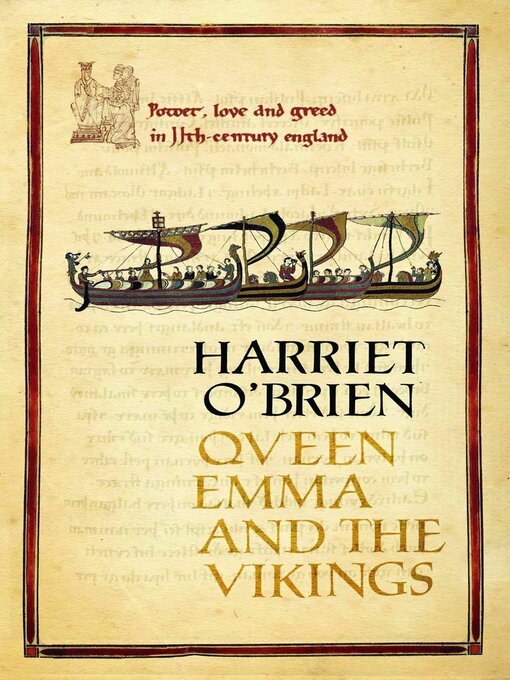- Available now
- New eBook additions
- Most popular
- Try something different
- Popular Graphic Novels
- Popular Cookbooks
- Manga Series Starters
- Celebrate Disability Pride Month!
- See all ebooks collections
- Available now
- New audiobook additions
- Try something different
- Most popular
- Language Learning
- The Great Courses
- Celebrate Disability Pride Month!
- See all audiobooks collections
- Most Popular
- News & Politics
- Cooking & Food
- Celebrity
- Home & Garden
- Entertainment
- Health & Fitness
- Fashion
- Hobbies & Crafts
- Tech & Gaming
- Cars & Motorcycles
- Family & Parenting
- Sports
- See all magazines collections


